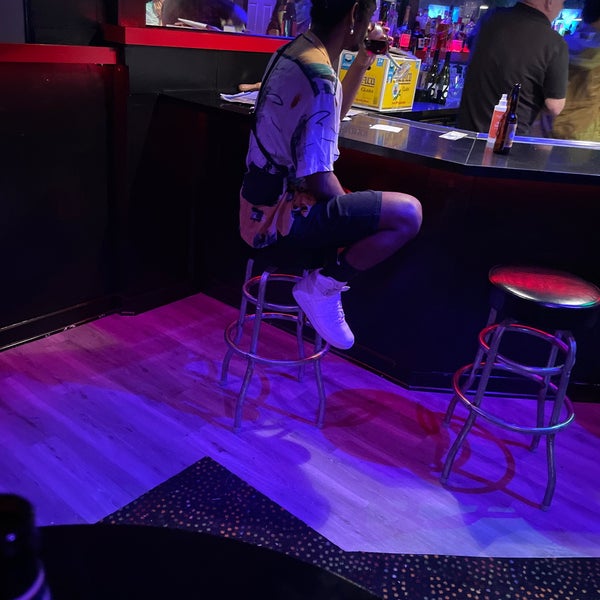


The wave of new immigrants from other parts of Asia, including China, South Korea and the Philippines, now dwarfs Japanese-Americans, who once made up the largest Asian group in the United States. The number of Americans who identify themselves as Japanese declined to 796,700 in the 2000 census, from 847,562 in 1990, partly because of low immigration and birth rates. Many other groups also struggle to nourish their ethnic roots, but Japanese-Americans are going about it with a sense of urgency. ''The culture and the traditional aspects go back to Japan, but I tend to look at the Japanese-American experience - my grandfather being in an internment camp,'' Ms. Central to Japanese-American pride is surviving and thriving after the indignities of World War II. Asakawa, who said he was jolted into consciousness about his heritage by the death of his father in the early 1990's.īut even as Japan's exports like anime and karaoke, not to mention its influences in food, technology and design, have become popular globally, many among the younger generations of Japanese-Americans say they are also looking in another direction, at what it means to be Japanese-American, not just of Japanese descent.

''Japanese culture is hip in American mainstream, so the door has been opened for these Japanese-Americans to embrace the culture more,'' said Mr. Gil Asakawa, author of ''Being Japanese American,'' said a reason some young Japanese-Americans are asserting their ethnic identity might be that it has become cool to be Japanese. Cherry is among a minority awakening to an unsettling realization - it is up to them to fight the forces of cultural extinction, even if most of them may not speak Japanese, or have visited Japan or, increasingly, even look Japanese. Shrinking population numbers, high intermarriage rates and the legacy of the rush to assimilate after the World War II internment experience created an uncertain cultural path for the sansei (third generation) yonsei (fourth) and gosei (fifth). Cherry's transformation from typical American teenager to ethnic ambassador is a statement about how young Japanese-Americans have struggled to hold onto an identity of their own. ''If people in my generation don't get involved, who's going to take over?'' she asked.


 0 kommentar(er)
0 kommentar(er)
